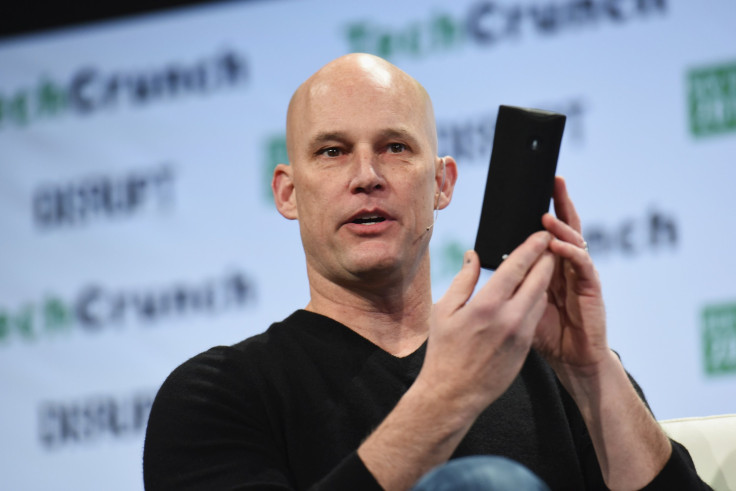Is Amazon Spying On Users Through Alexa? Thousands Of Employees Listen To Conversations

Fears of Amazon snooping down on customers heightened after a report suggested thousands of workers are reviewing and listening to the private conversations addressed to the digital assistant Alexa.
According to a Bloomberg report, Amazon teams transcribe the recordings and share Alexa conversations with other parts of the company. Amazon says the analysis and reviews are efforts aimed at enhancing Alexa’s “understanding of human speech better.”
However, this belies the popular perception that Alexa works under artificial intelligence. Also, Amazon never stated publicly that there is a human interface to Alexa’s voice technology.
The report said Amazon teams that decode Alexa chat is spread across different regions of the world. From Boston, Romania to India the teams are spread out.
An Amazon spokesperson reacted that the process is secure as employees do not have direct access to information and cannot identify people speaking as the original account details are too confidential and they will not know from where the snippet came.
How does Alexa decoding work?
The media report said Alexa’s annotating team has a mix of contractors and full-time Amazon employees. In a day, each reviewer will examine at least 1,000 audio clips.
In fact, Amazon’s Bucharest office in Romania in the Globalworth building has three top floors fully dedicated to this job and has no sign showing Amazon’s presence there.
During the process, teams share difficult files via internal chat rooms in case there is any muddled word or amusing recording that hamper their analysis.
Privacy concerns
Despite Amazon’s claim that the human component is invoked for hiking efficiency, privacy concerns still persist.
As such, the annotation process may not be nefarious. But underlying concerns need reassurance as most customers do not know this was happening.
The scope for abuse cannot be ruled out. The Alexa recordings might have identifiable characteristics and can involve biographical information.
It is unclear, how long these recordings are preserved. Also, what will happen if the information is lifted by a malicious third party or an internal employee seeks to misuse it for personal gains?
“You don’t necessarily think of another human listening to what you’re telling your smart speaker in the intimacy of your home,” said Florian Schaub, a professor at the University of Michigan who studies privacy issues related to smart speakers.
Schaub said consumers are conditioned to the assumption that machines are doing magic machine learning without realizing that there is still, manual processing involved.
“Whether that’s a privacy concern or not depends on how cautious Amazon and other companies are in what type of information they have manually annotated, and how they present that information to someone,” he added.
Like Amazon's Alexa, Apple has Siri virtual personal assistant. Both are programmed to answer customer’s questions, add items to shopping lists, tell jokes and handle smart lights. While Alexa is good on speakers, Siri stays with Apple mobile devices and Apple TV.
© Copyright IBTimes 2025. All rights reserved.





















